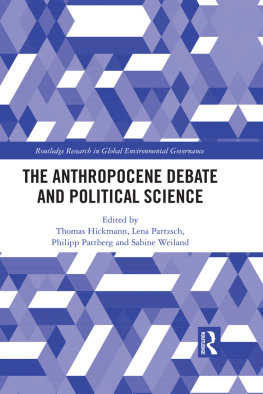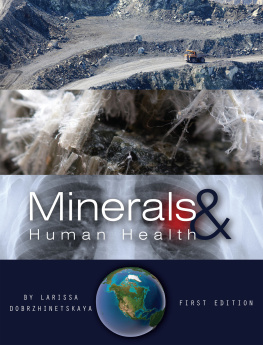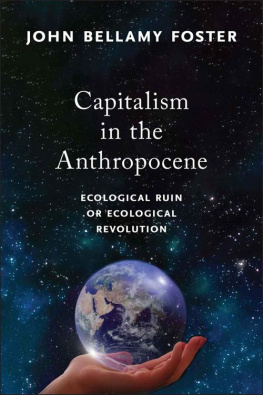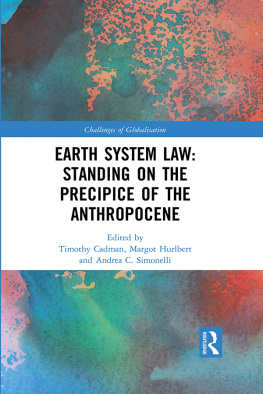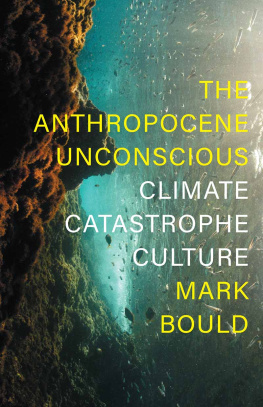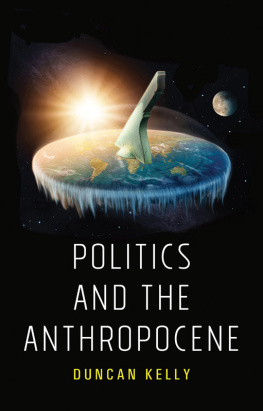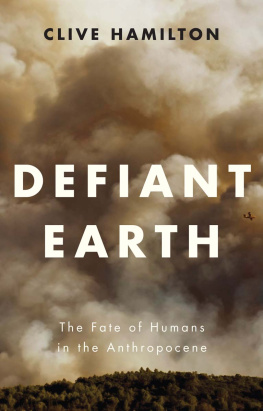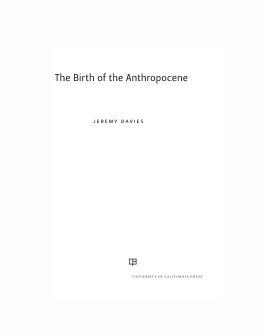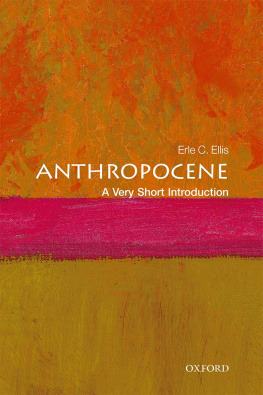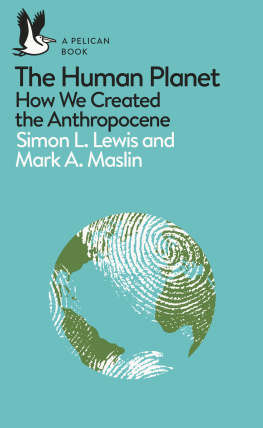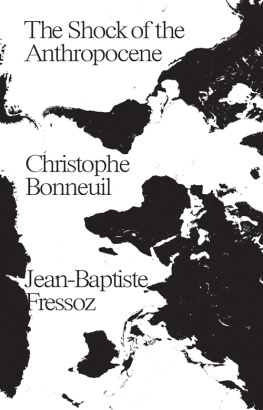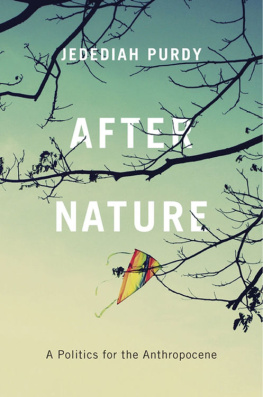First published 2019
by Routledge
2 Park Square, Milton Park, Abingdon, Oxon OX14 4RN
and by Routledge
711 Third Avenue, New York, NY 10017
Routledge is an imprint of the Taylor & Francis Group, an informa business
2019 selection and editorial matter, Thomas Hickmann, Lena Partzsch, Philipp Pattberg and Sabine Weiland; individual chapters, the contributors
The right of Thomas Hickmann, Lena Partzsch, Philipp Pattberg and Sabine Weiland to be identified as the authors of the editorial material, and of the authors for their individual chapters, has been asserted in accordance with sections 77 and 78 of the Copyright, Designs and Patents Act 1988.
All rights reserved. No part of this book may be reprinted or reproduced or utilised in any form or by any electronic, mechanical, or other means, now known or hereafter invented, including photocopying and recording, or in any information storage or retrieval system, without permission in writing from the publishers.
Trademark notice: Product or corporate names may be trademarks or registered trademarks, and are used only for identification and explanation without intent to infringe.
British Library Cataloguing-in-Publication Data
A catalogue record for this book is available from the British Library
Library of Congress Cataloging-in-Publication Data
A catalog record for this book has been requested
ISBN: 978-0-8153-8614-8 (hbk)
ISBN: 978-1-351-17412-1 (ebk)
Typeset in Times New Roman
by Apex CoVantage, LLC
Basil Bornemann has an interdisciplinary background in environmental sciences and holds a doctoral degree in political science from Leuphana University of Lneburg, Germany. In line with his overall interest in understanding the governance of societal transformations toward sustainability, he has extensively studied policy integration in the context of sustainable development strategies in his PhD thesis. Basil is a Postdoctoral Researcher at the Sustainability Research Group, University of Basel, Switzerland, and was a fellow at the Institute for Advanced Sustainability Studies (IASS), Potsdam, Germany. In his current work, he focuses on the relationship between governance, sustainable development and democracy within various fields, such as energy and food policy. He is also interested in the principles, practices and political implications of transdisciplinary and transformative sustainability science.
Achim Brunnengrber is an Associate Professor at the Department of Political and Social Sciences at Freie Universitt Berlin, Germany. He is the coordinator of the research project Methods and measures to deal with socio-technical challenges in storage and disposal of radioactive waste management (SOTEC-radio) and works in the research project The political economy of e-mobility. An analysis on the potentials and obstacles in the transformation to a sustainable transport policy in Germany and the European Union at the Environmental Policy Research Centre (FFU). From 2009 to 2012, Achim was Visiting Professor at the Department of International Politics at the Technical University of Dresden, and from 2007 to 2008 Visiting Professor of International Political Economy at Freie Universitt Berlin. There, he led the interdisciplinary research project Global governance and climate change from 2002 to 2007.
Judith Nora Hardt works as an Associated Postdoctoral Researcher with the Research Group Climate Change and Security (CLISEC), as part of the Cluster of Excellence Integrated Climate System Analysis and Prediction (CliSAP) at the University of Hamburg, Germany, and is affiliated with the Fondation Maison des Sciences de lHomme (FMSH) in Paris, France, and with the Wissenschaftszentrum Berlin fr Sozialforschung (WZB). Her research is based on a critical-normative approach and aims to develop the conceptualisations of security, conflict, human well-being, and justice via the new readings of human-nature relations in the Anthropocene. Further constitutive elements of her research are the forms and roles of agency, expertise, power and normative foundations within global governance.
Till Hermanns is an independent researcher and holds a PhD in geography from the Georg-August University Gttingen, Germany. He has worked in the interdisciplinary research project Developing Integrated Land Management through Sustainable Utilization of Water and Substances in North-East Germany at the Leibniz-Centre for Agricultural Landscape Research (ZALF). The goal of this project was to explore options for sustainable land management in northeast Germany. His subproject and thesis have dealt with a framework to sustainability impact assessment of land use scenarios. Before his work at ZALF, he studied geography at the Georg-August University Gttingen. His research and publications deal with sustainable land management, land use functions, urban-rural interactions, and sustainability impact assessment of land use changes.
Lukas Hermwille is a Senior Research Fellow at the Wuppertal Institute for Climate, Environment and Energy in Germany. He has been working in the field of international climate policy since 2008. At the Wuppertal Institute, he has particularly focused on market-based mitigation instruments as well as questions of the overall governance architecture of the climate regime. Furthermore, he has worked on the transformation of energy sectors from a global perspective. Lukas is an external PhD candidate at the Institute for Environmental Studies (IVM) at Vrije Universiteit Amsterdam. In his dissertation project, he aims at integrating theoretical perspectives from transition studies and international governance theory. He graduated with a diploma in Regional Sciences of Latin America with a special focus on energy and environmental economics.
Thomas Hickmann is a Postdoctoral Researcher and Lecturer at the Faculty of Economics and Social Sciences, University of Potsdam in Germany. In 2014, he finished his doctoral dissertation which was published with Routledge under the title Rethinking Authority in Global Climate Governance: How Transnational Climate Initiatives Relate to the International Climate Regime. Together with Harald Fuhr and Markus Lederer, he co-leads the research project Carbon Governance Arrangements and the Nation-State: The Reconfiguration of Public Authority in Developing Countries funded by the German Research Foundation (DFG). His research deals with global sustainability governance, the role and function of transnational actors in world politics, the impact of new modes of governance on public-administrative systems in developing countries, and the growing interaction of international bureaucracies with sub- and non-state actors.
Chris Hhne is a research associate and PhD candidate at the Technical University of Darmstadt, Germany, working in the DFG-funded research project Carbon Governance Arrangements and the Nation-State. Until September 2016, he worked in the same research project at the University of Mnster. He was a Visiting Researcher at the Centre for Policy Research (CPR) in New Delhi, India (2018), the Indian Institute of Technology (IIT) in Mandi, India (2018), the Centre for International Forestry Research (CIFOR) in Bogor, Indonesia (2017), and the Bogor Agricultural University (IPB) in Bogor, Indonesia (2017). He conducted several research trips to India and Indonesia where he studied climate governance on the national and subnational level, and their impacts on policy-making in the forest, energy and transport sector. He studied political science and economics at the University of Trier, Germany, the IEP Sciences Po Bordeaux, France, and the University of Colorado at Boulder.
Next page
